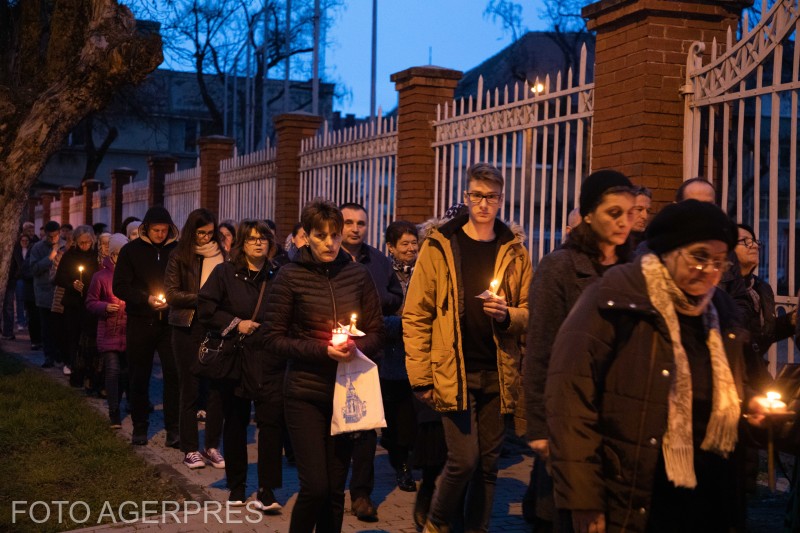World Press Freedom Day
“Promoting a free press is standing up for our right to truth, says UN Secretary General Antonio Guterres in his World Press Freedom Day message.

Leyla Cheamil, 03.05.2018, 13:21
In 1993, the United Nations General Assembly declared 3rd May World Press Freedom Day. The declaration was adopted after a recommendation made at the UNESCO General Conference in 1991 on promoting press freedom around the world. According to the 1991 resolution, a free, pluralist and independent press is an essential component of a democratic society.
“Promoting a free press is standing up for our right to truth”, said UN Secretary General Antonio Guterres in a special message. He also called on governments to strengthen press freedom and protect journalists. World Press Freedom Day is also an opportunity to pay tribute to the journalists killed while exercising their profession.
The latest toll shows that 65 journalists were killed last year around the world. Digitalization is one of the challenges facing the media in recent years. Digital information is in fact the theme of the Digital Transformation Forum, Governance and Watchdogs hosted by Bucharest on Thursday and Friday. Held for the first time in Romania, the forum looks at the way in which digital information technologies contribute to better governance and aids the activity of the media and of civil society as guardians of democracy and good governance.
Governmental experts, journalists, representatives of civil society and communication professionals from more than 30 different countries are discussing the effectiveness and honesty of governance, the role of the media and the contribution of civil society.
Another recent challenge faced by the media is fake news, and this worrying phenomenon has been spreading. According to a survey carried out by the European Commission recently, a third of respondents from 28 countries say they are faced with the fake news phenomenon every day, and more than 80% believe fake news is a problem for their country and democracy in general.
In Romania, radio and TV channels enjoy a confidence rating of 66%, while in the case of print media, this rating stands at 45%. Only 37% of the Romanians polled say they trust news websites and online sources. Also, 82% believe fake news is a threat to democracy. The latest specialist survey launched by Active Watch shows that the media in Romania is still used for propaganda, disinformation and intoxication. Romania occupies the 44th position in a world press freedom ranking, ahead of the United States and Italy, and behind South Korea.






























